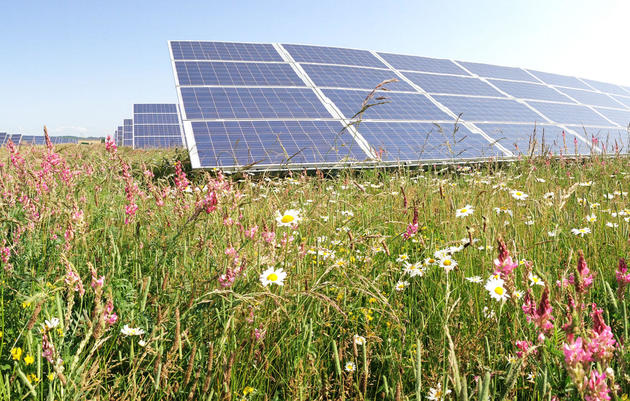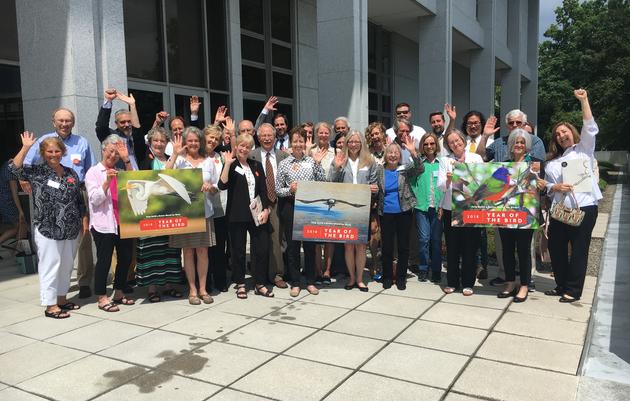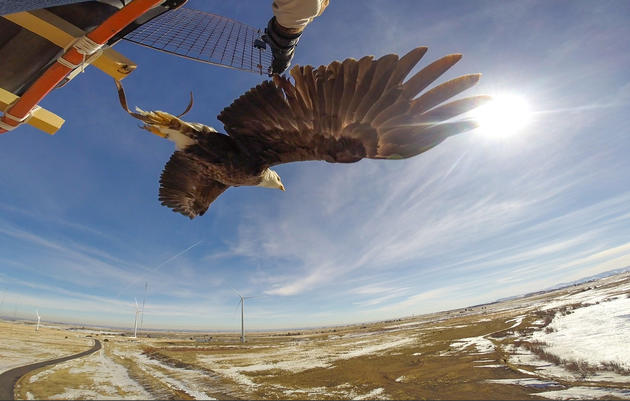Responsibly sited wind, solar and other renewable energy resources can help ensure the protection of our birds by providing cleaner air and water, and lessening the impact of pollution on the places birds need.
According to the NC Sustainable Energy Association, renewable energy resources made up 10.4% of North Carolina’s total energy mix in 2017. This small, but growing contribution to our energy portfolio – led by the expansion of large-scale solar – is critical to expanding North Carolina’s renewable energy economy and protecting birds and other wildlife in the long run.
Audubon’s 30,000+ members and 10 Chapters represent a powerful voice in North Carolina for responsible, renewable energy policies. In 2017, Audubon mobilized to help secure passage of HB 589, which will nearly double the amount of large scale solar in North Carolina over four years.
Expanding Responsible Wind Energy
In the 2018 legislative session, Audubon is working to ensure that the state’s existing moratorium on wind energy is discontinued so that responsible wind energy projects can create jobs and speed the transition from more polluting forms of energy. Audubon believes that properly sited and designed wind projects can protect birds while benefitting local economies and co-existing with military installations.
In 2013, Audubon worked with multiple stakeholders to help craft the state’s existing regulations for the wind industry. Together with federal laws like the Migratory Bird Treaty Act and the Department of Defense Siting Clearinghouse, these rules provide a thoughtful process by which wind projects are directed to areas that have minimal impact on natural resources and military installations. Audubon advises wind and solar companies in the state on areas where their projects can have minimal impacts on birds and other wildlife.
Growing Bird and Pollinator-Friendly Native Plants at Solar Farms
Over 400 Audubon members have petitioned the North Carolina Utilities Commission to expand the use of native plants on solar farms. Native plants offer a rich source of food and shelter for birds and other wildlife and offer local farming communities a valuable source of pollinators for their crops. Some of North Carolina’s largest solar developers, including Cypress Creek Renewables, already recognize the benefits of native plants at their solar farms and offer a model for progress across the industry.
Fired up on this issue? To stay up to date on policy issues where your voice can make a difference for NC birds, sign up for Audubon’s Action Alert Network.






